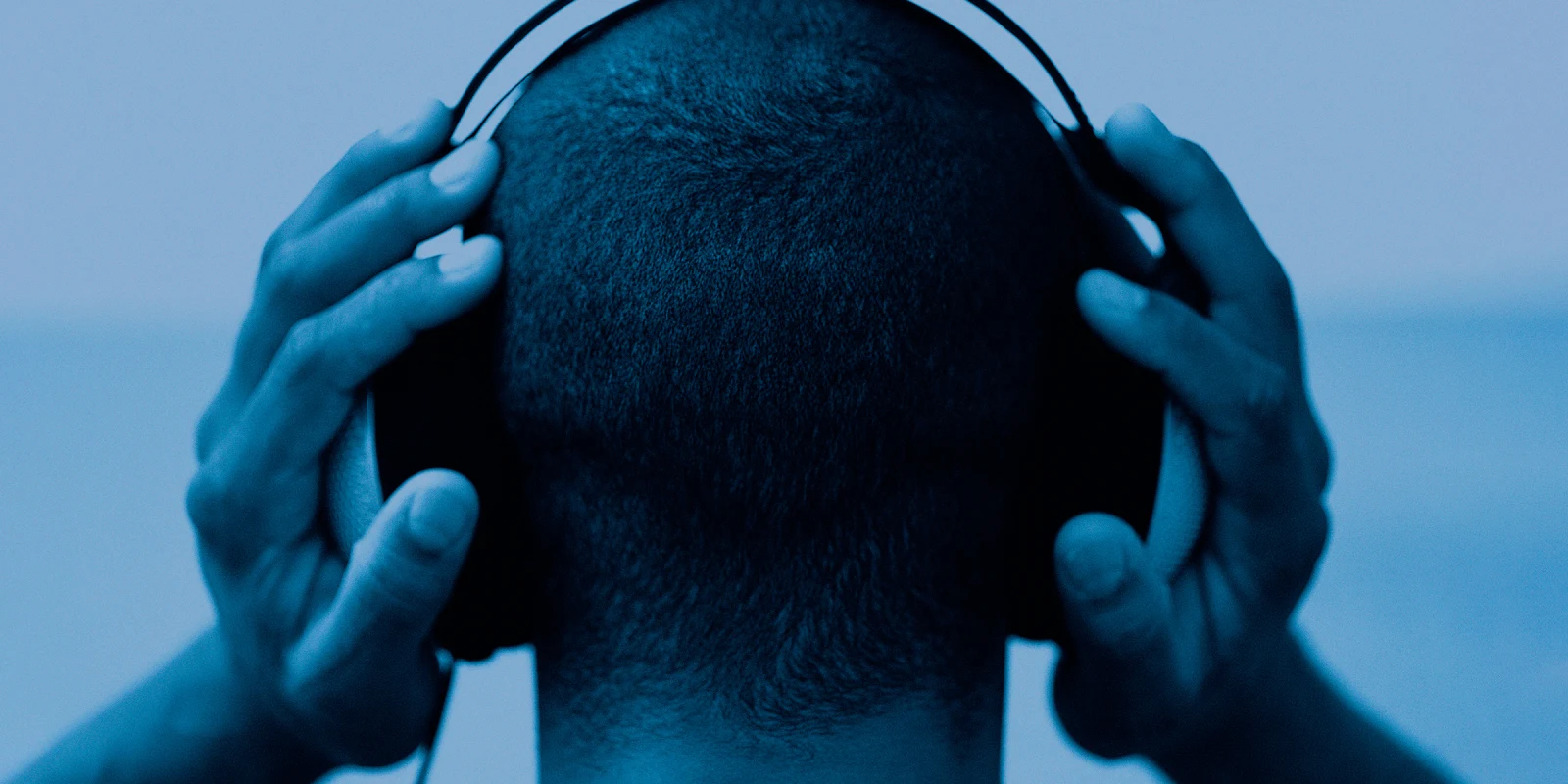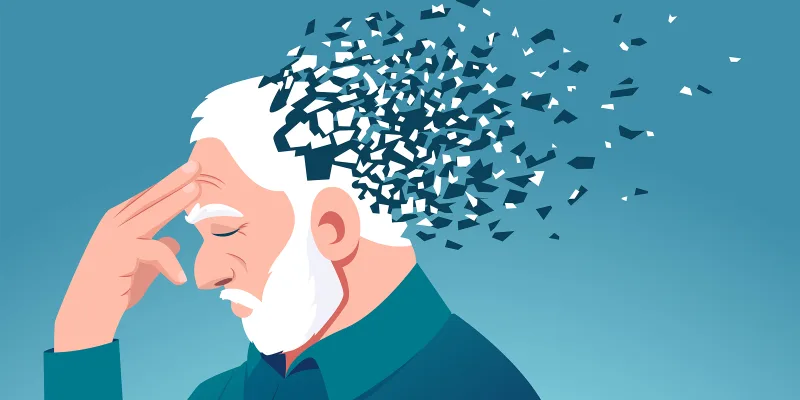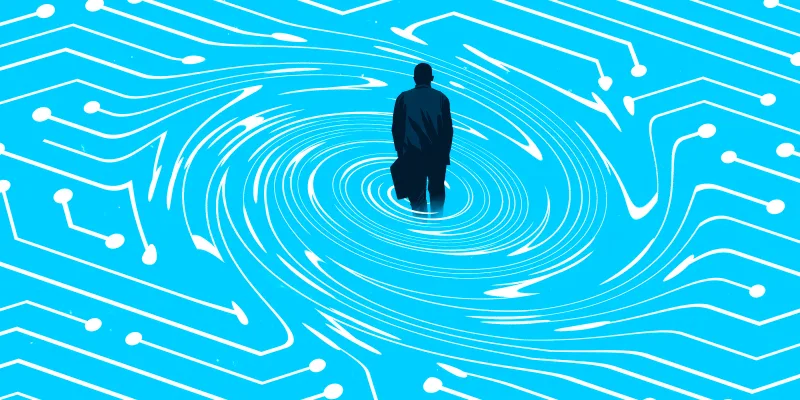It was 1:30 a.m. in the MICU during the height of the COVID-19 pandemic in New York. I was an intern in internal medicine in what felt like a war zone. Local Hispanic radio was playing in the room in the background as I felt the sweat running down my face underneath my N95 mask. Through my glasses and face shield, I palpated my patient’s right radial artery and inserted the needle to place an arterial line. I could see the oxygen saturation and heart rate start to drop. Before I could fully process what was going on, I was running the code.
My hands touched the keys later that morning after the night shift. Unfortunately, my patient had not survived. Exhausted and depleted, I turned to Fredrick Chopin’s haunting “Etude, Op. 10 No. 3,” in E major. The solace I found in this simple melody helped me briefly escape to a peaceful place, another world full of beautiful harmony — a mental break from the horrors we were facing.
This experience was too raw to write about until now. Your adrenaline runs high to get you through the day, but often these moments hit hardest later, right when your head hits the pillow before falling asleep. So many of us in health care gave everything we had to make it through the worst of the pandemic. We were burnt out and completely depleted, but nonetheless, every morning, we set the alarm to care for those who needed us. Becoming desensitized to the death that surrounded us was necessary for survival. The bodies seemed like statistics as the white bags were taken to the freezer trucks. These are the quiet moments you remember.
Though there was great sadness, there was also herculean effort and heroism. We were working beyond what any of us thought we were capable of. As an intern, it was a daily routine for me to have multiple patients crashing, to place multiple lines, to call families to tell them how sorry we were that their loved ones had passed without their saying their goodbyes. All the while, we didn’t know if we ourselves would become ill. The year of an intern is an intense experience under normal circumstances, but the volume of tragedy we faced on the front lines, pushed us to our limits.
Nevertheless, this experience also helped forge bonds between diverse clinicians in new ways. General surgery residents helped us place central and arterial lines, pediatric residents volunteered on the general medicine floors, and medical students graduated early to help with the effort. There was a unifying feeling that we were all on the same team — nurses and doctors — all equally valid members working toward a common goal. We cannot lose this precious camaraderie as we move forward.
I know this experience made us better clinicians, but it also made us grow up fast in medicine and not without an emotional cost. We are getting back to business as usual, but I worry that far too often, we do little to heal ourselves when facing death and tragedy. I fear we forget that our self-care must be a priority as well.
We all have to develop our unique self-care plan. I turn to music to help me process all that happened, to eulogize those I took care of who did not survive. The faces of those patients lost on our watch swirl in my mind as I turn to Bach and Chopin each night. Somehow, the music cushions the pain of the memories and feelings in a way that allows me to revisit these experiences. The memory of my patients pushes me to be both a better doctor and to play better; the former with a scalpel and my indirect ophthalmoscope, the latter with 88 keys. We must heal ourselves so that we can continue to take care of those who count on us.
Where did you find solace during your breaks this past year? Share your methods with your colleagues below.







